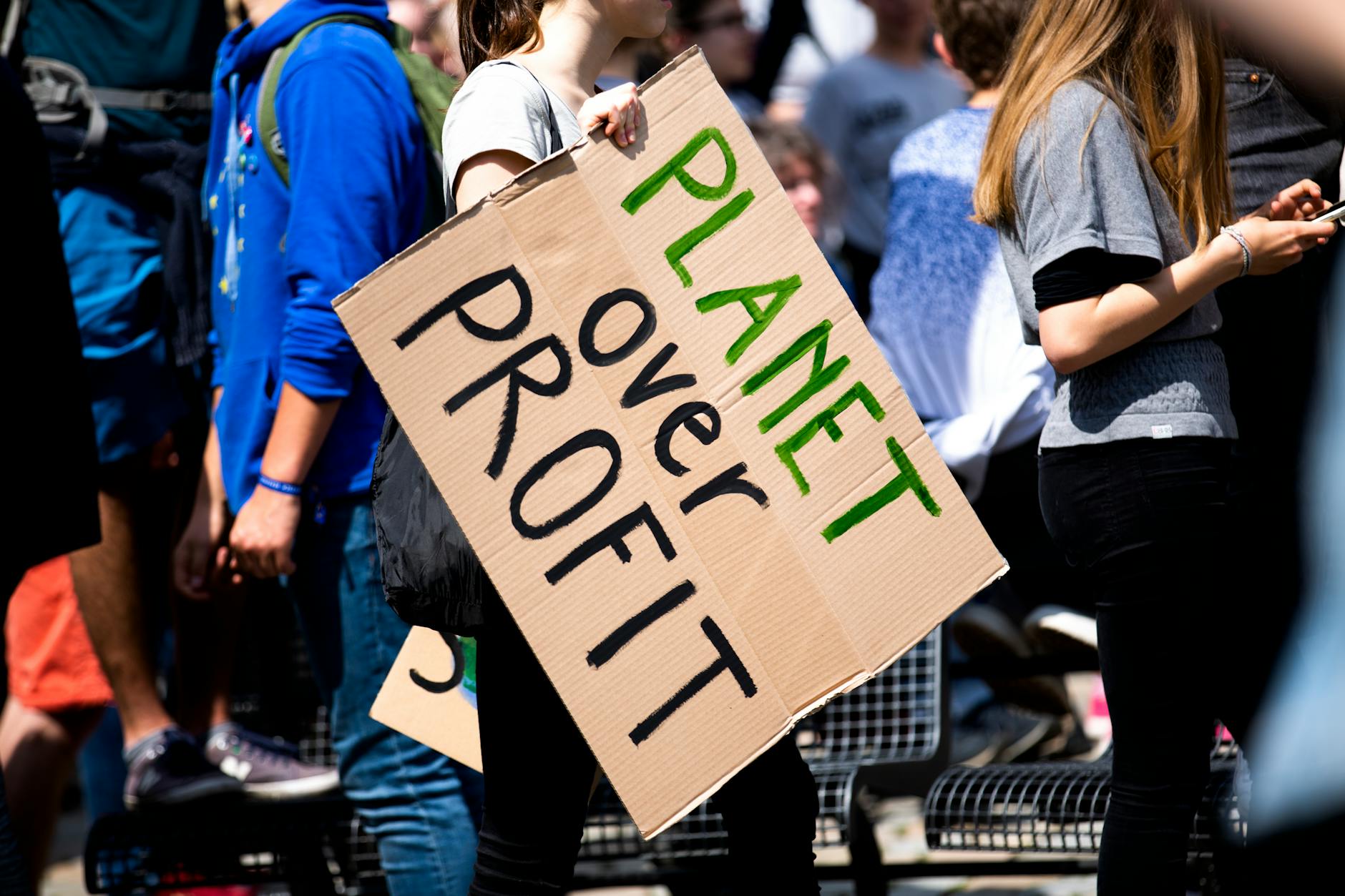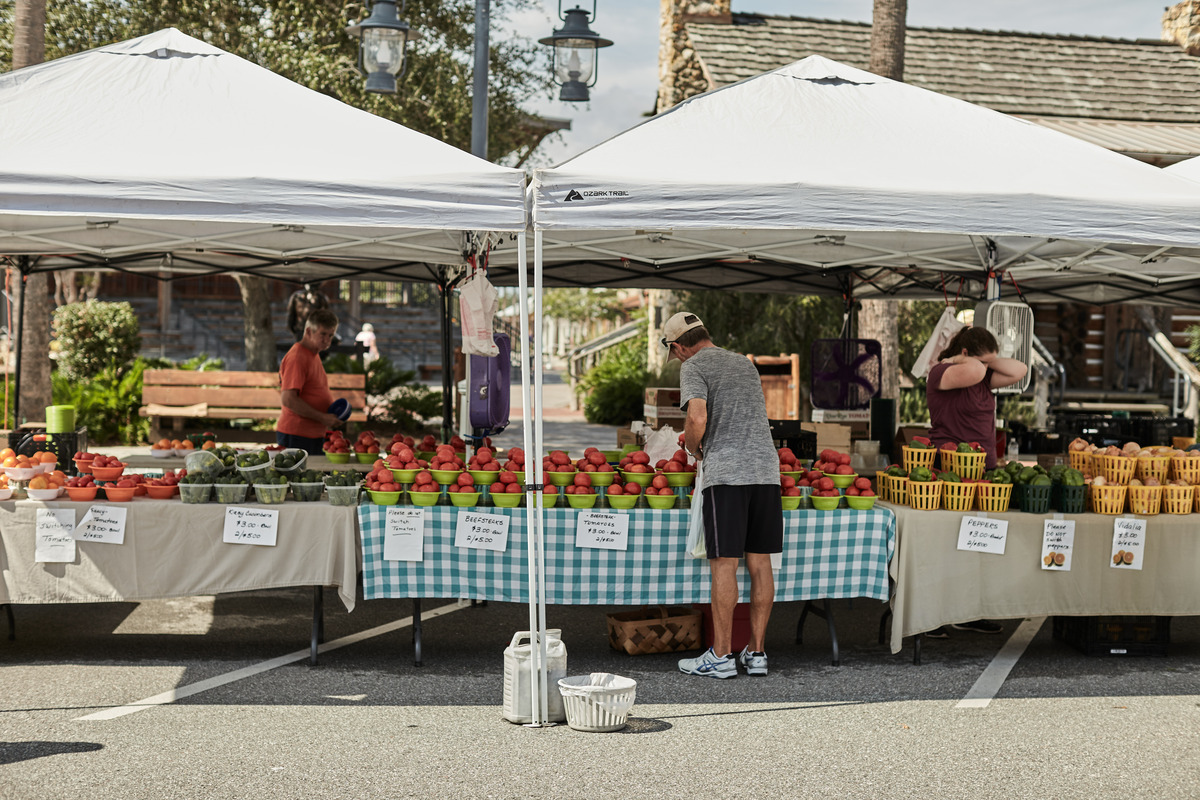Generation Beta refers to the cohort of children born from 2025 to 2039. The oldest of this generation will reach adulthood in 2043. Some of today’s environmental challenges may be manageable by that time, but they may inherit the others. Plus, they may face new ecological issues arising from the unique conditions of their time.
How will Generation Beta pursue sustainability? Given that they will grow up in a world with unprecedented technological advancement and immense global interconnectedness, they may be able to balance ecological health, economic progress and social equity better than the generations before them. Discover how sustainability initiatives will look like when Generation Beta comes of age.
Climate Change Awareness Will Begin at Home

Most of the parents of Generation Beta members are millennials and Gen Zers — two of the most socially conscious demographics on the planet. It wouldn’t be far-fetched to presume that climate change awareness would be part of their upbringing.
These children will grow up in households led by thoughtful consumers who practice ethical shopping behaviors and demand transparency from businesses regarding sustainability claims. Many of them may live in climate-resilient homes and use electric appliances. Conserving energy will be standard for them.
The world would have already gone through trial and error and identified suitable innovations to achieve the Paris Agreement’s goal of keeping the planet’s surface temperature from increasing beyond 2.7 degrees Fahrenheit above preindustrial levels.
The merits of efforts to reverse the effects of climate change will likely be common sense to this generation. They’ll ardently fight to preserve the proven policies designed to protect the environment.
Generation Beta doesn’t have to adapt psychologically to climate change. It’ll already be an extensively debated issue when they learn to weigh in on environmental problems. This generation may be less susceptible to climate anxiety as more resources will be available to address this mental health issue.
Net Zero and Zero Carbon Will Be More Feasible

When most of Generation Beta reaches adulthood, a significant segment of the world will no longer use coal and natural gas as primary sources of electricity. Current events explain why this future is highly probable.
Wind and solar eclipsed fossil fuels in the energy mix of 13 European Union members in the first half of 2024. At this rate, renewables will account for most of the world’s electricity supply in the coming decades.
Solar technology is rapidly evolving. Photovoltaic (PV) panels are becoming lighter, more flexible and smarter. Fabrics with embedded PV cells that may someday enable ubiquitous renewable energy generation have seen the light of day.
The race to net gain has accelerated research and development on nuclear fusion and space-based solar generation. These cleaner, commercially viable energy sources will likely be available for most of Generation Beta’s adult lives.
Shared mobility will be the standard for transportation, and electric and hydrogen-powered vehicles will be everywhere.
Leading an utterly zero-carbon lifestyle may still be unrealistic in the future because energy supply tends to follow demand — not the other way around. Still, this generation will grow up thinking net zero is the bare minimum. They may only see vehicle emissions in races as the rides they will hail or own won’t run on gasoline or diesel.
Circularity Will Be the Norm

Ending the linear business model — where manufactured products become waste at the end of their life cycle — is challenging because of regulatory shortcomings, technological immaturity, infrastructural deficiencies and recycling literacy inadequacies.
While the world’s rate of reusing less secondary materials is declining, there’s hope. The circular economy — the opposite of the linear model — has increasingly entered the public consciousness since the 2020s.
Sooner or later, subject-matter experts and policymakers will figure out how to collect and recycle the 62 million metric tons of electronic waste the world discards to preserve virgin resources and curb ecologically destructive mining activities.
Today’s materials engineers are conceptualizing and experimenting with renewable substitutes for plastic. Interest in naturally occurring sustainable materials — such as bamboo, adobe, straw and coconut — is surging. Generation Beta will become adults when these circular solutions mature and become widely accessible.
Today’s technologies will take a quantum leap forward in the next three decades, making it painless for this generation to recycle and reduce solid waste.
Advanced Internet-of-Things devices will make manufactured goods traceable. Artificial intelligence models will help businesses go circular by maximizing product utilization, boosting material efficiency and adopting recycled resources. Machine learning will also fuel circular economies in smart cities and beyond by optimizing green supply chains.
Solutions Will Come From Diverse Perspectives

Generation Beta’s environmental challenges may stem from today’s answers to ecological problems. Synthetic plastic is an excellent example.
Believe it or not, saving wildlife motivated the invention of plastic. John Wesley Hyatt invented the first synthetic polymer in 1869 to create a material that could mimic natural substances, sparing the lives of wild elephants and tortoises.
More than a century and a half later, this perceived eco-friendly solution has become one of the most expansive and lasting pollutants ever.
This generation will have to deal with potentially unknown drawbacks of current remedies for ecological damage. Fortunately, a more interconnected world will help raise them.
Generation Beta will have access to a plethora of ideas more quickly. Diverse media sources and instantaneous communication will expose them to various cultures from a young age. Information will travel faster, and constant exposure and engagement with the broader world will promote open-mindedness and inclusivity.
Growing up in such an environment can drive ingenuity. Early exposure to various ways of living will allow this generation to develop a keen sense of individuality, encouraging out-of-the-box thinking. With better tools and the right mindset, they’ll be well-equipped to innovate and create novel solutions faster.
Imagining Generation Beta’s Sustainability Initiatives
This thought experiment inspires optimism — this generation will be passionate and reliable environmental stewards. Generation Beta will be the product of their time and upbringing, so raise them to be unwavering eco-warriors and be a force for good when their turn comes.










